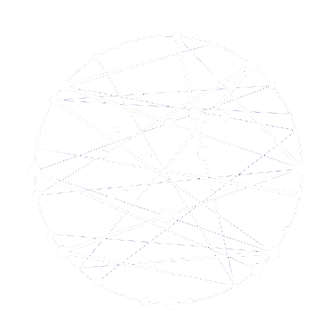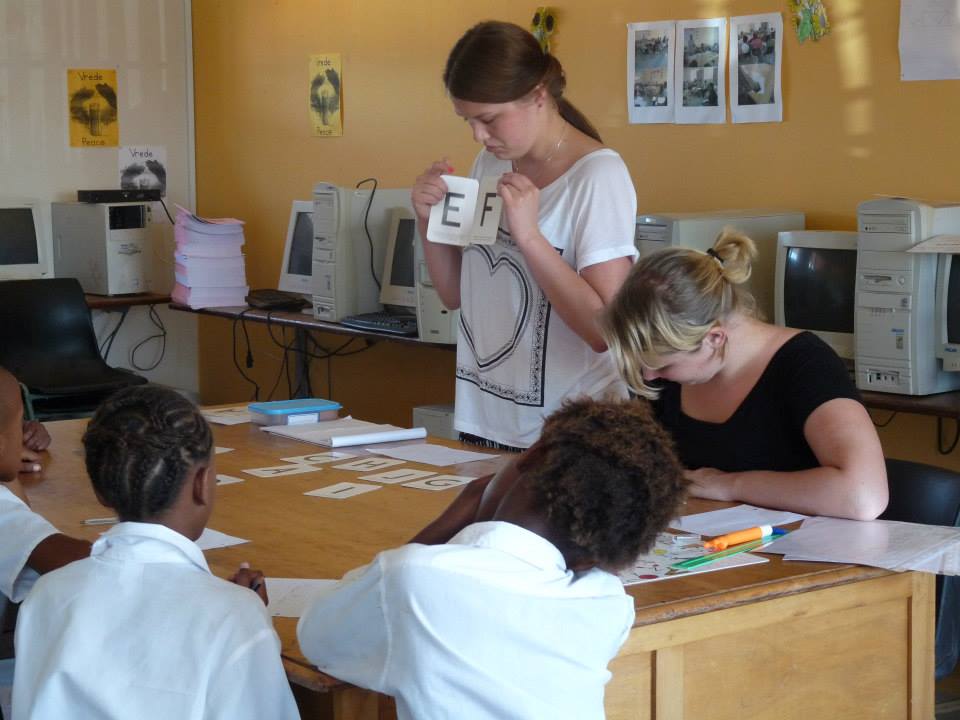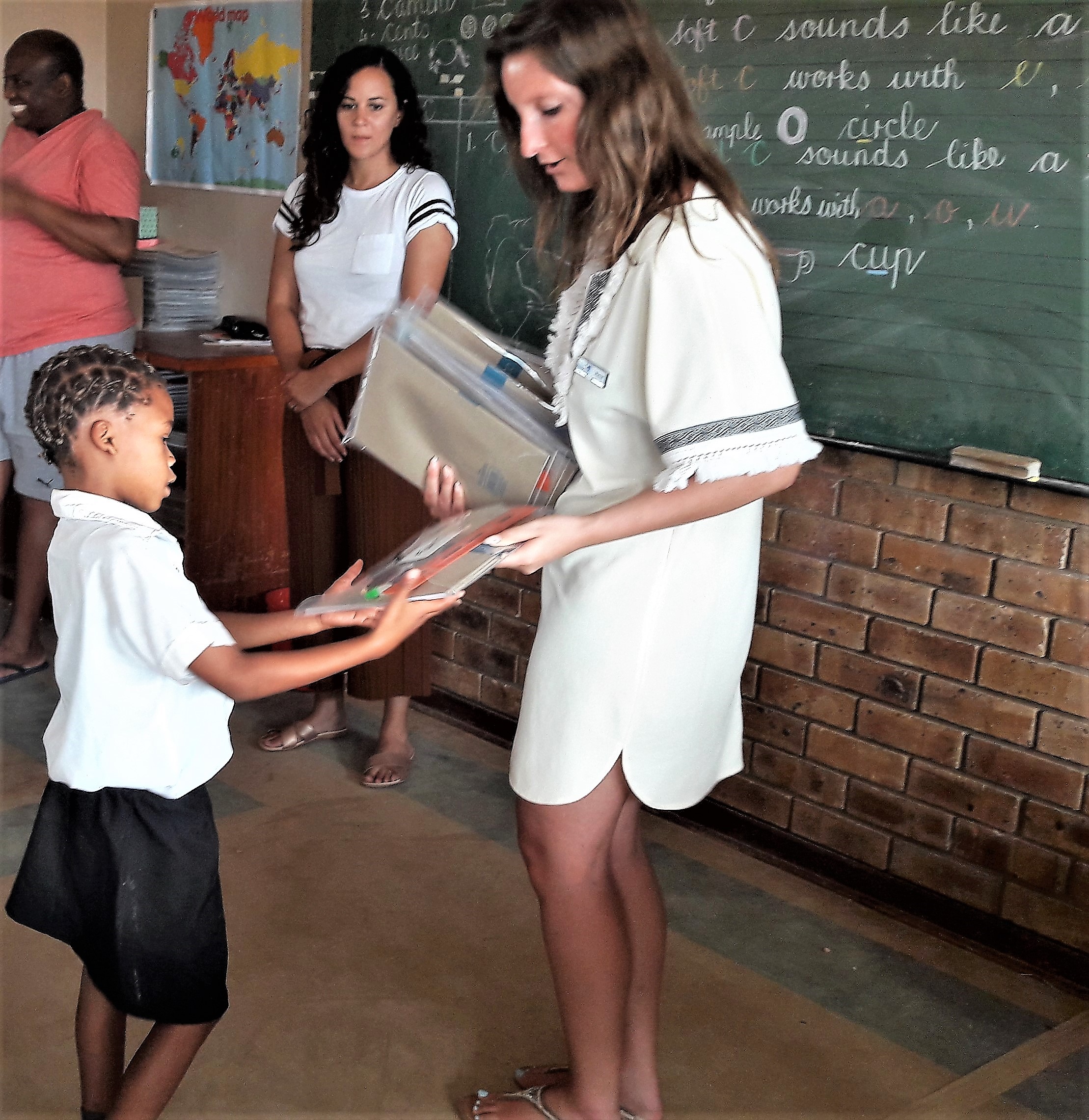



Social systems don’t shift on their own. They move because people do—one story, one case, one conversation at a time. As a social work or criminology intern, you’ll support people navigating tough realities and help build safer, more just communities. You’ll learn to listen closely, act wisely, and think systemically. From the street level to the structural level, you’ll see the link between individual lives and institutional change—and your role in it.
You’ll be guided by social workers, justice advocates, and community leaders who understand the systems inside and out. In turn, you’ll be supporting:
You might be helping someone feel safe disclosing their story for the first time. Or supporting them through a justice process they barely trust. Or unpacking how poverty, stigma, and policy collide in a single case file. Or simply being the one consistent adult in a chaotic system. Either way, the impact is real — and it goes both ways.
Afrikaans borrows heavily from Dutch, which means Dutch or Flemish speakers often have an easier time understanding and connecting with local families, mentors, and service providers. In emotionally complex settings, even small moments of understanding can open big doors.
A few interdisciplinary abilities that matter here
helps with prioritising healing over punishment and help communities rebuild after harm.
helps with recognising that lived experience shapes behaviour — and how safe relationships can change everything.
laws, power and public narratives shape the lives of communities and individuals.
requires understanding how pollution, access to green spaces (or lack thereof) and climate-related risks often deepen existing inequalities.